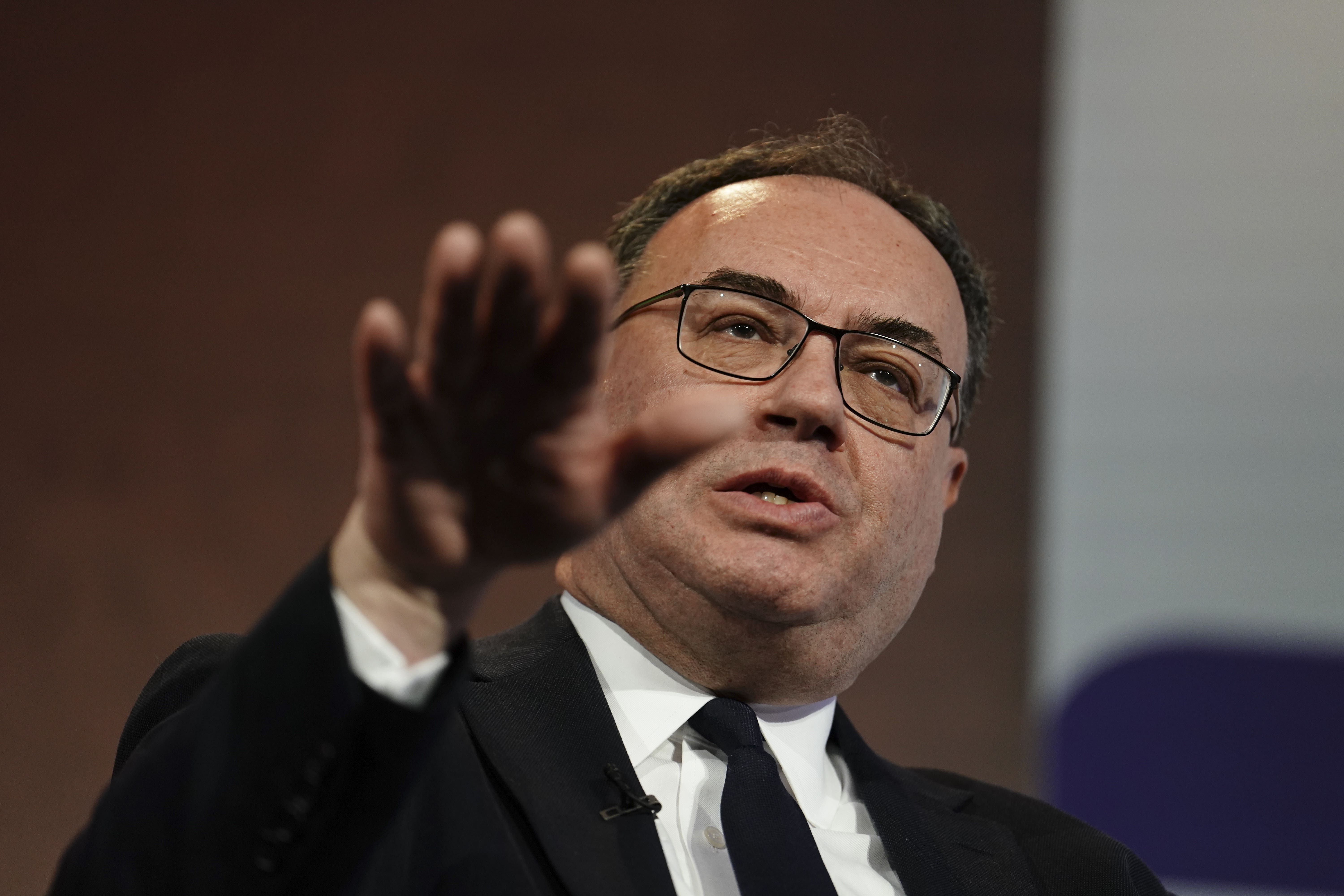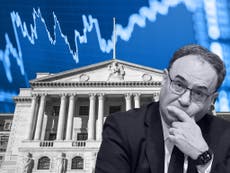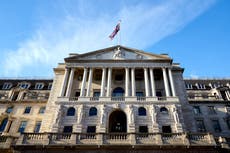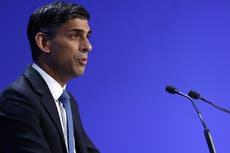Mr Bailey, what are we paying you for?
Far from curbing inflation, interest rates are rising for the 13th time in a row – an eye-watering 0.5 per cent rise in base rates to 5 per cent. It’s long past time for the Governor of the Bank of England to start earning his hugely inflated salary, writes James Moore


Is the Bank of England’s governor Andrew Bailey worth his half-a-million-pound-a-year salary?
Not on today’s evidence. With the UK enduring the highest inflation of any major developed economy, voters are entitled to wonder how what they’re paying the man his critics in the City call “The Plank of England” for. And it is a fair question to ask, particularly if you look at the way the rate-setting Monetary Policy Committee he chairs has been behaving. Far from curbing inflation, as he promised to do, interest rates are rising for the 13th time in a row – a 0.5 per cent rise in base rates to 5 per cent.
Just what is the committee playing at? Playing seems to be the operative word. The hapless Bailey is at the head of a herd of sheep even as the inflationary wolves have been howling at the door, tearing strips of ordinary working people.
That motley monetary crew is made up of Bailey, three deputy governors and one member of the Bank with responsibility for monetary policy. There are also four external members, appointed by the Chancellor. The Bank’s internal team thus has an in-built majority. It acts as a bloc.
Perhaps we shouldn’t be too surprised by this. The five are all remarkably similar. They are middle-aged white men, highly-educated, mostly at Oxbridge, and with similar career trajectories. The civil service features strongly on their CVs as do other state agencies. Bailey is, for example, a former boss of the Financial Conduct Authority, the City watchdog, where he became a somewhat controversial figure.
These men really do look and think alike. Some of their public statements have also been woefully knuckle-headed. There was Huw Pill, the chief economist, who said “people have to accept being poorer” on an American podcast. Bailey ticked him off for that. But Bailey himself created a storm when he wagged his finger at workers, telling them not to ask for pay rises, seemingly ignorant of the impact of the cost-of-living crisis is having on those on considerable less than the six figures he earns.
Groupthink, and the lack of original thought, is a real peril in any large organisation. There is a reason McKinsey, the legendary management consultant, has repeatedly found that companies with higher levels of diversity do better than those which are monochrome and male. True, the MPC has a sprinkling of diversity, but only via its external members.
Their influence appears limited. We are still waiting for a member of the Bank’s internal team to break cover and join forces with one or the other of the external MPC members who have called for a different approach. But wait, isn’t original thought what they are paid their six figure salaries for? Does it need repeating that the UK has the highest inflation of any developed economy. Perhaps it does.
It should be said, the blame for this isn’t entirely on the Bank’s shoulders. Brexit, as former governor Mark Carney has pointed out, has clearly played a deeply damaging role. The government stirred the pot and sowed instability with Liz Truss’s disastrous mini budget. We are to some extent reaping the whirlwind of her and Boris Johnson’s hubris.
But like it or not, the job of controlling inflation lies at the Bank’s Threadneedle Street door. It will not make me popular with borrowers, particularly those with mortgages. But I believe that there is a strong case that it should have gone harder, faster, earlier. To have administered a larger dose of corrective medicine so the patient could enjoy an faster recovery.
But Bailey and his colleagues have instead sat on the fence, sitting between the more affirmative arguments put forward by the MPC’s external members even as other central banks – such as America’s Federal Reserve – have taken stronger lines.
Now is the time for Bailey to earn his money. He is running out of road.




Join our commenting forum
Join thought-provoking conversations, follow other Independent readers and see their replies